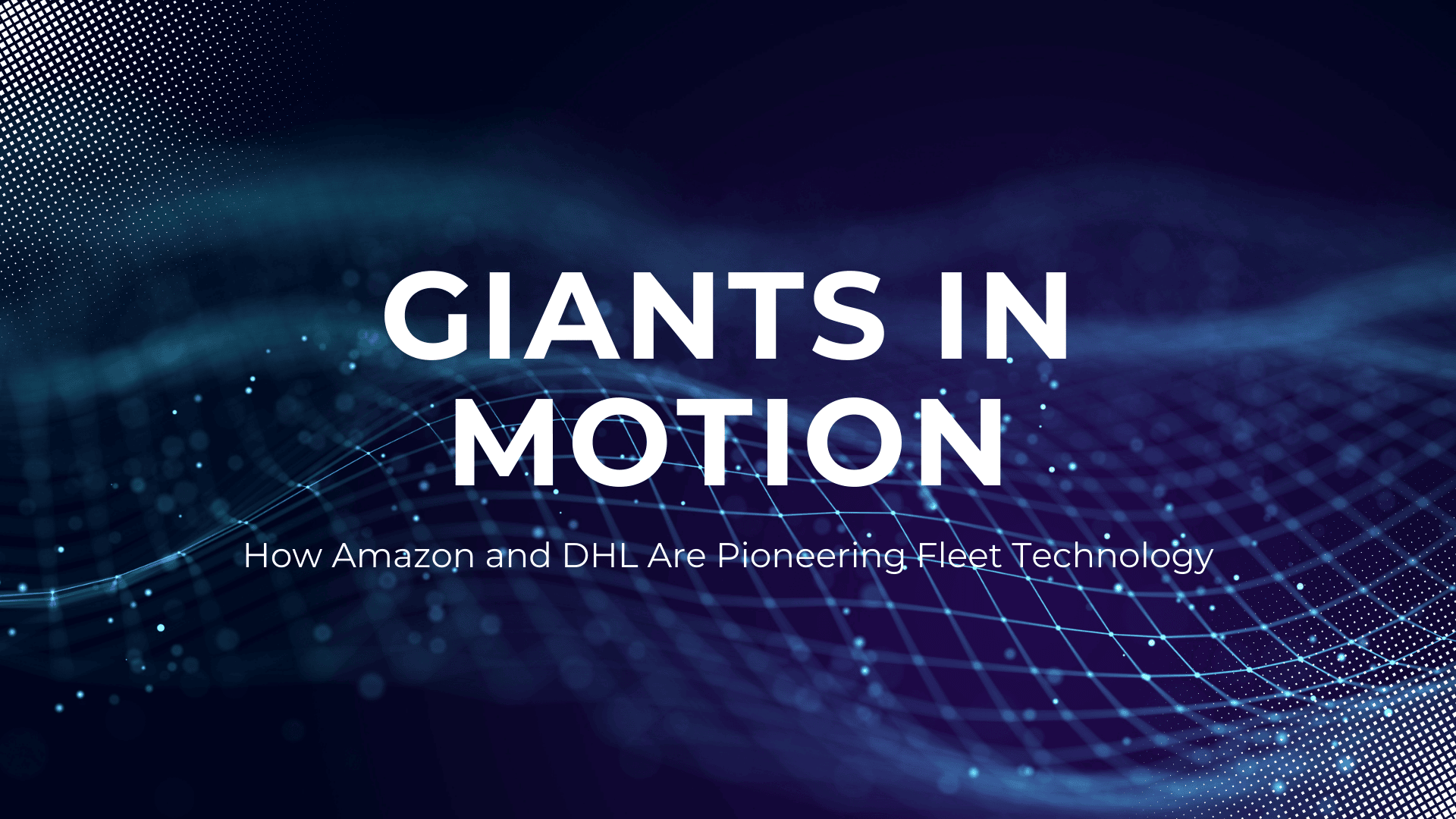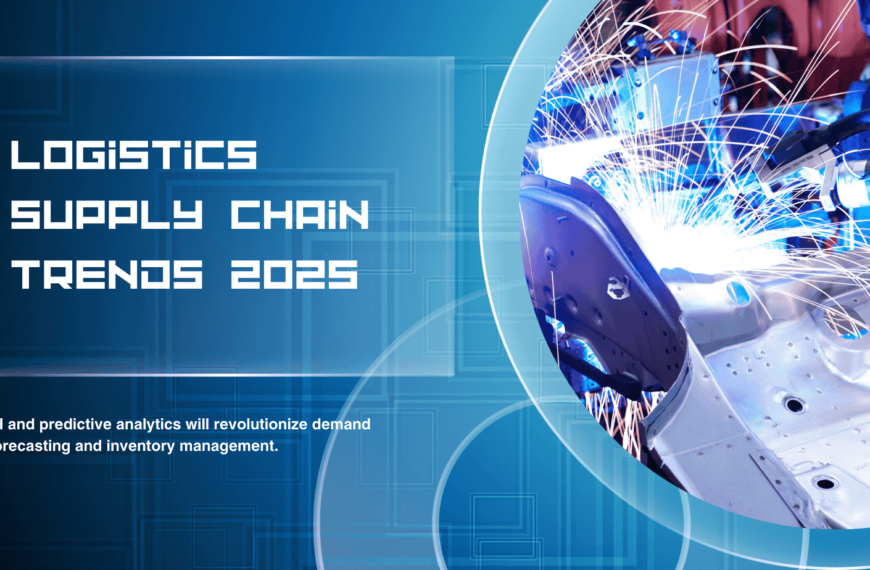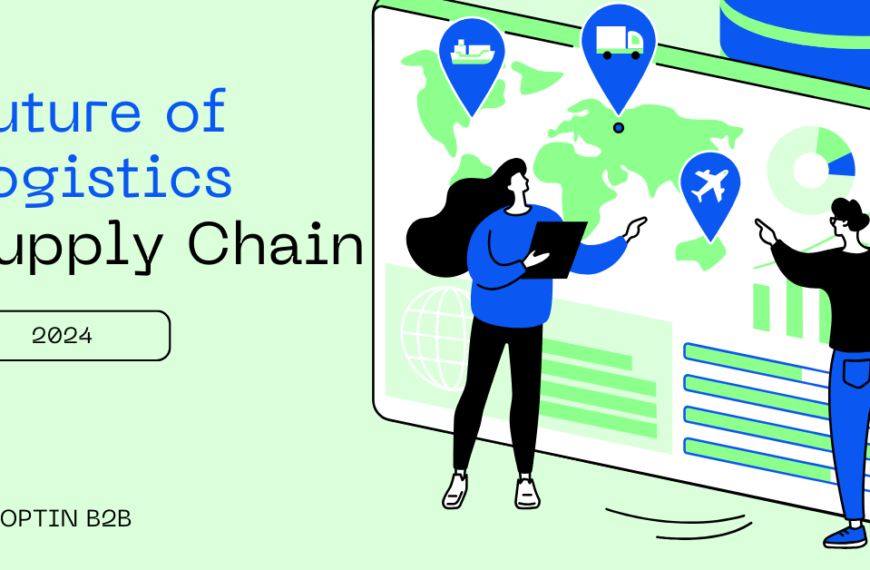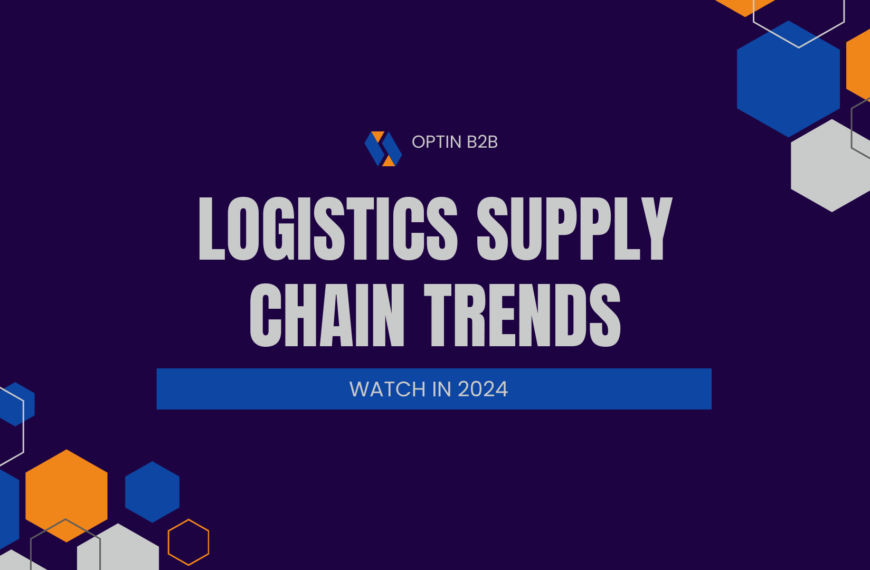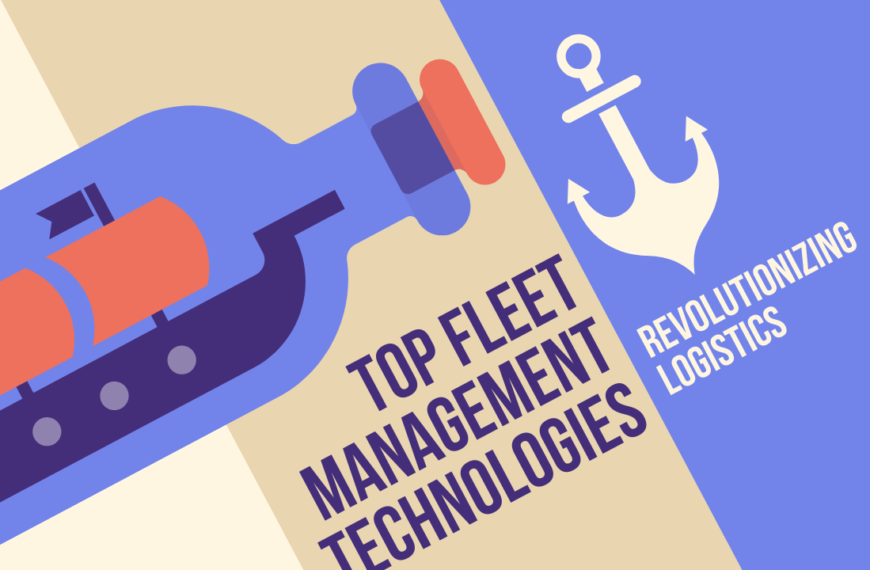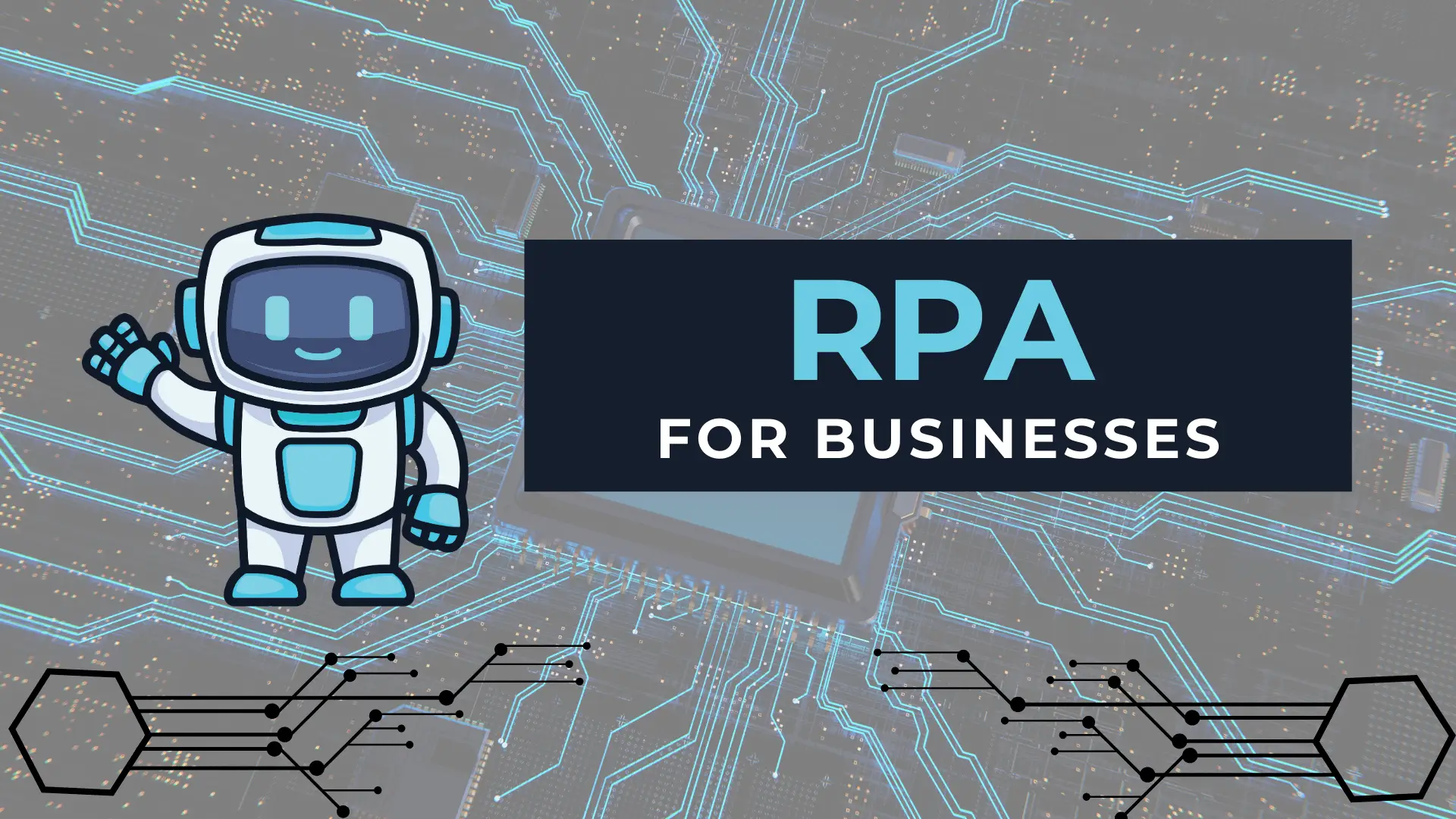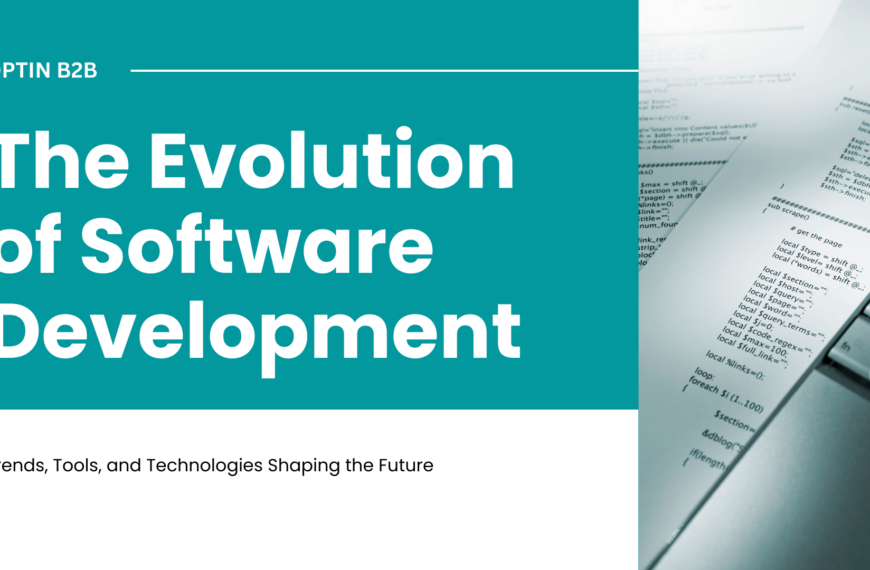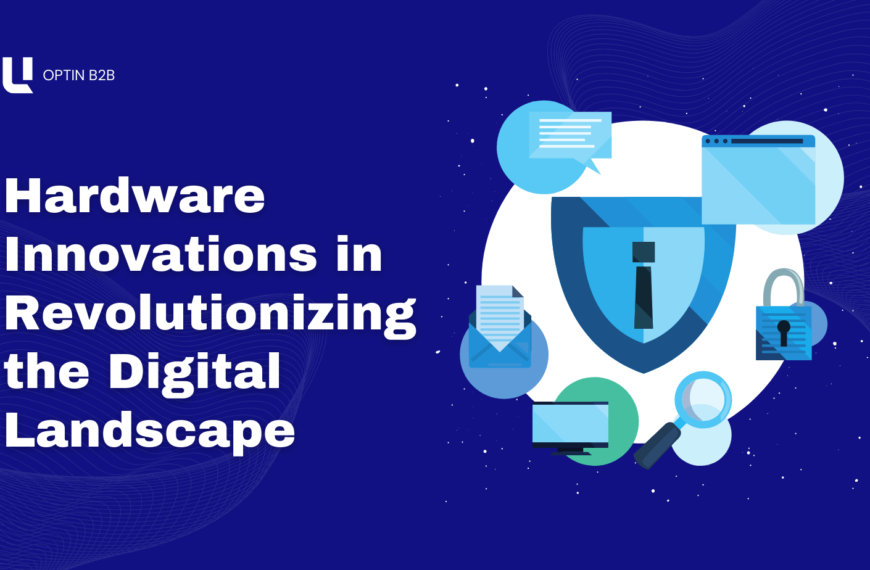Amazon’s Advanced Robotics Integration
Amazon has pushed boundaries in logistics by deploying AI-powered robotic systems in its warehouses. These robots streamline sorting, picking, and packing processes, significantly reducing delivery times. Their latest innovation, Scout, an autonomous delivery robot, is set to optimize last-mile logistics, ensuring faster, eco-friendly deliveries.
DHL’s Smart Sensor Technology
DHL, a leader in global logistics, has introduced IoT-driven smart sensors to monitor fleet performance. These sensors provide real-time data on fuel efficiency, cargo conditions, and driver behavior. Their partnership with Volvo has further enhanced fleet safety and efficiency by incorporating advanced telematics.
The Impact on Logistics Operations
Both companies leverage technology to cut operational costs and improve delivery timelines. These innovations foster better supply chain transparency and sustainability, addressing modern logistics challenges effectively.
Optimized Workforce Collaboration
The implementation of these technologies allows teams to focus on strategic tasks. While robots and IoT manage repetitive processes, employees can enhance customer engagement and solve critical logistics challenges.
Setting Industry Benchmarks
With their technological advancements, Amazon and DHL are setting benchmarks for logistics efficiency. Their initiatives not only redefine the industry but also encourage smaller players to adopt cutting-edge technologies for competitive growth.
As Amazon and DHL continue to set the pace in fleet management with their groundbreaking technologies, the logistics industry is on the cusp of a transformative era. By embracing robotics, IoT, and advanced analytics, these giants not only optimize operations but also pave the way for sustainable and efficient logistics solutions. Their innovative approaches serve as a blueprint for businesses worldwide, inspiring the adoption of cutting-edge technologies to meet evolving industry demands and elevate customer experiences.

